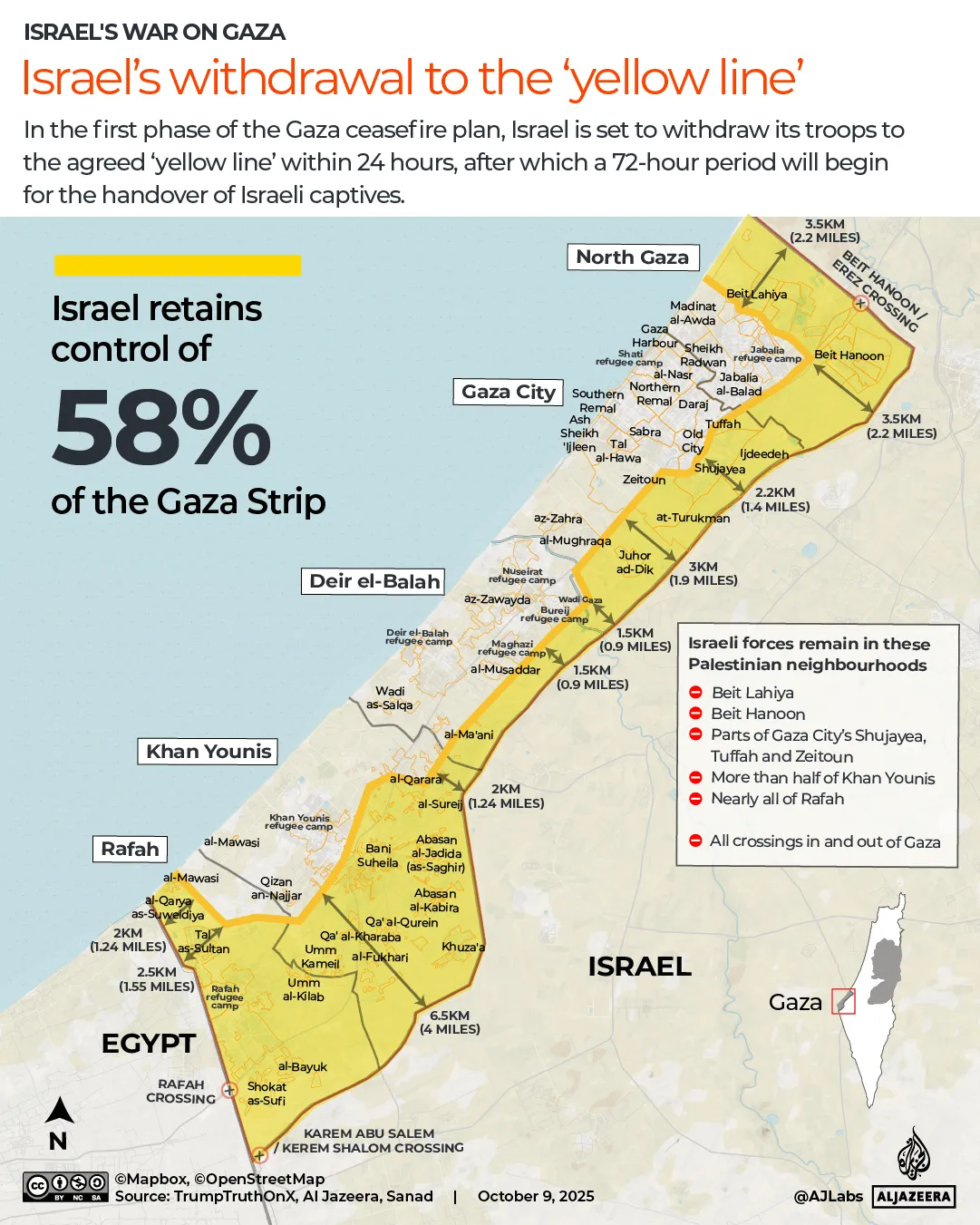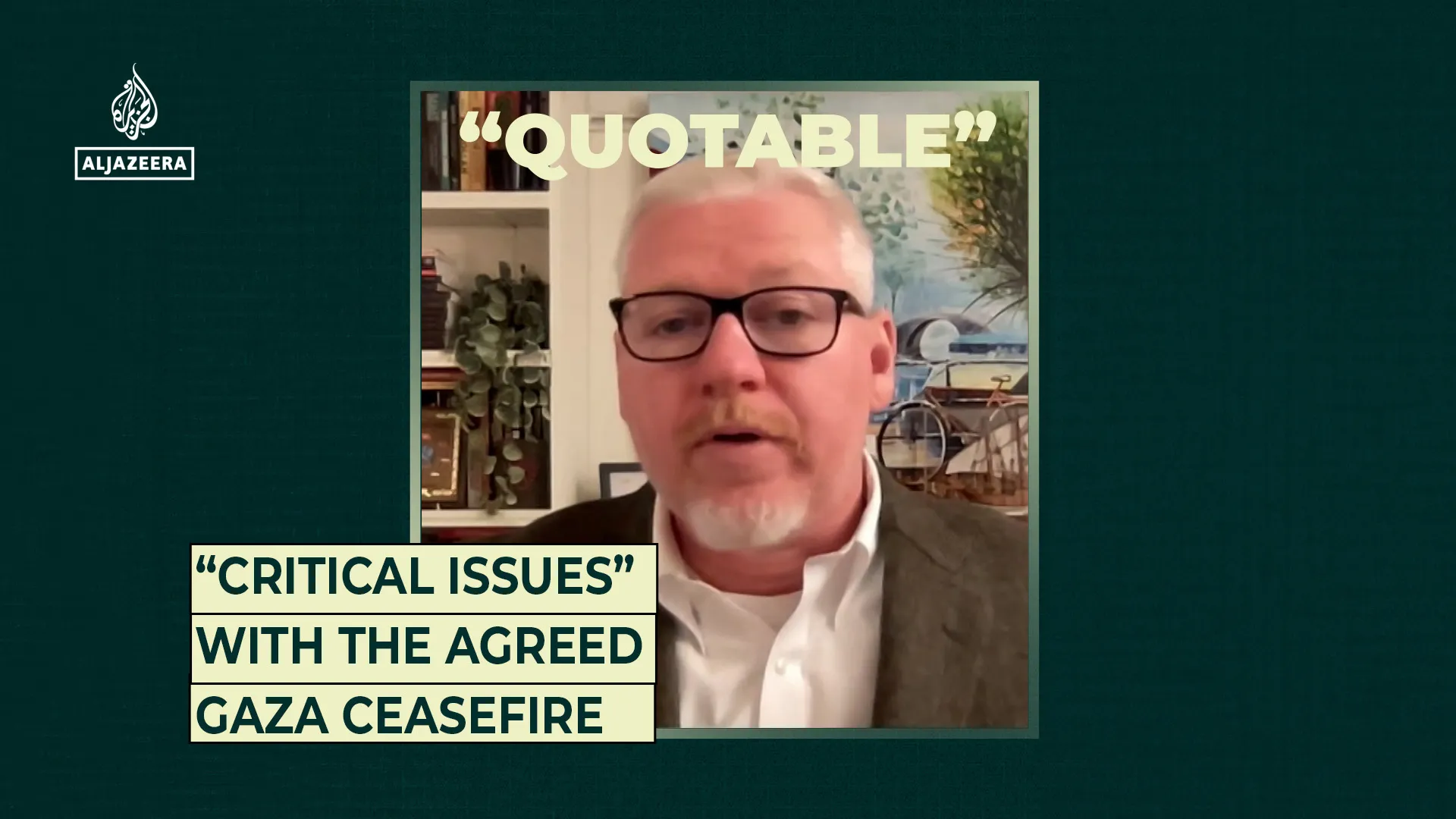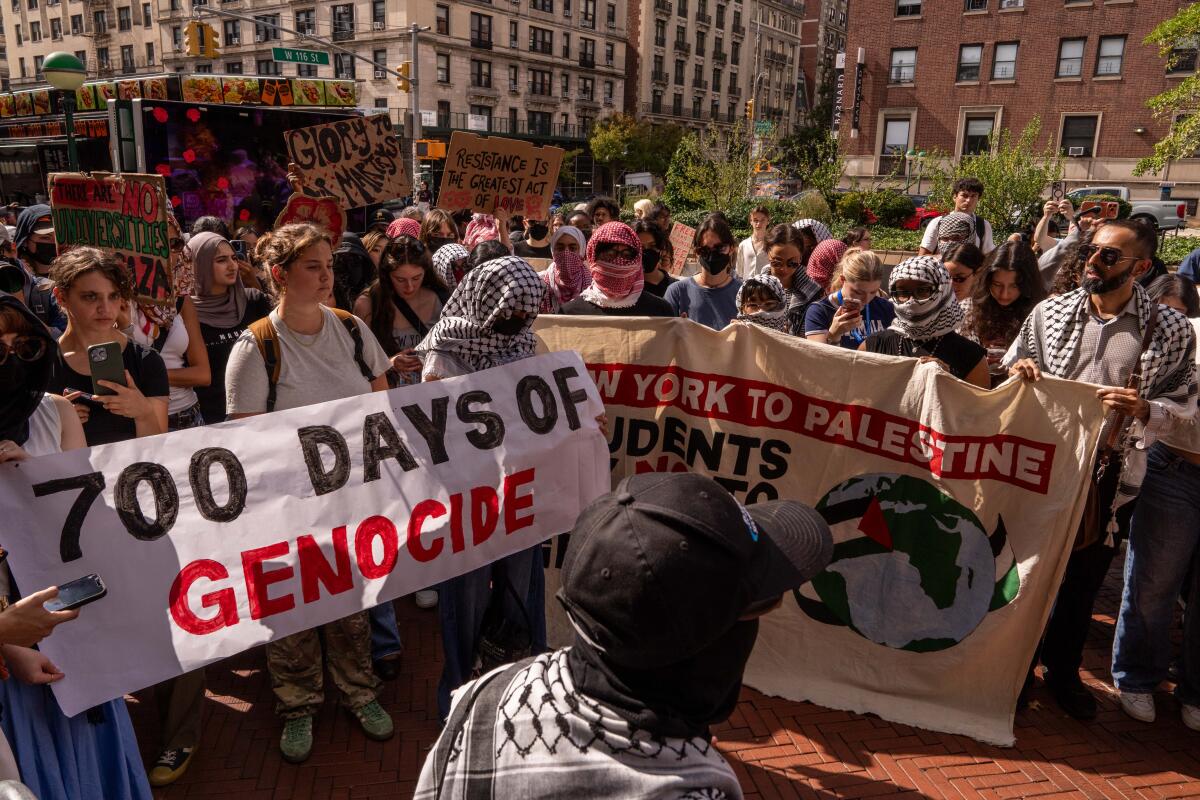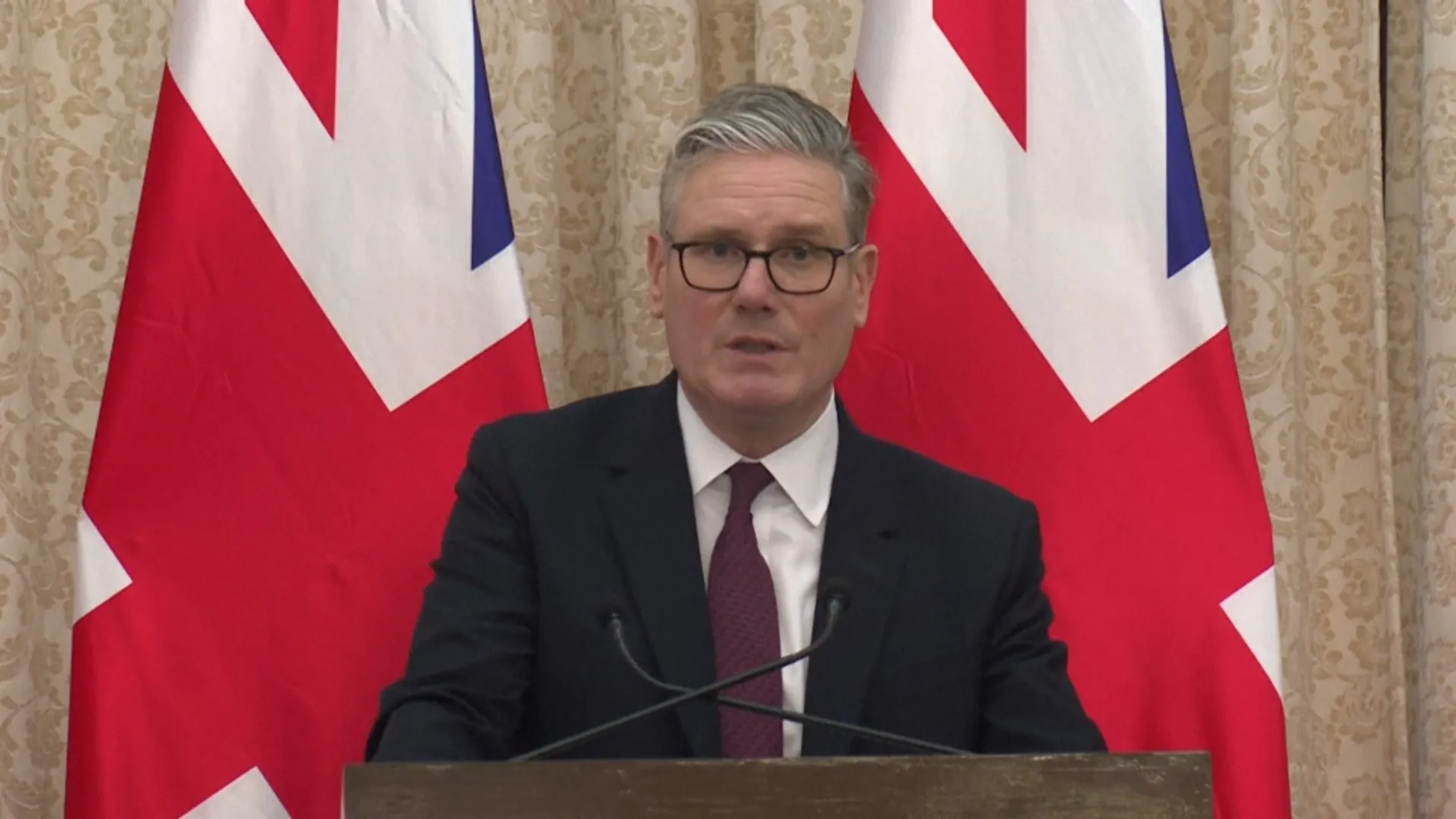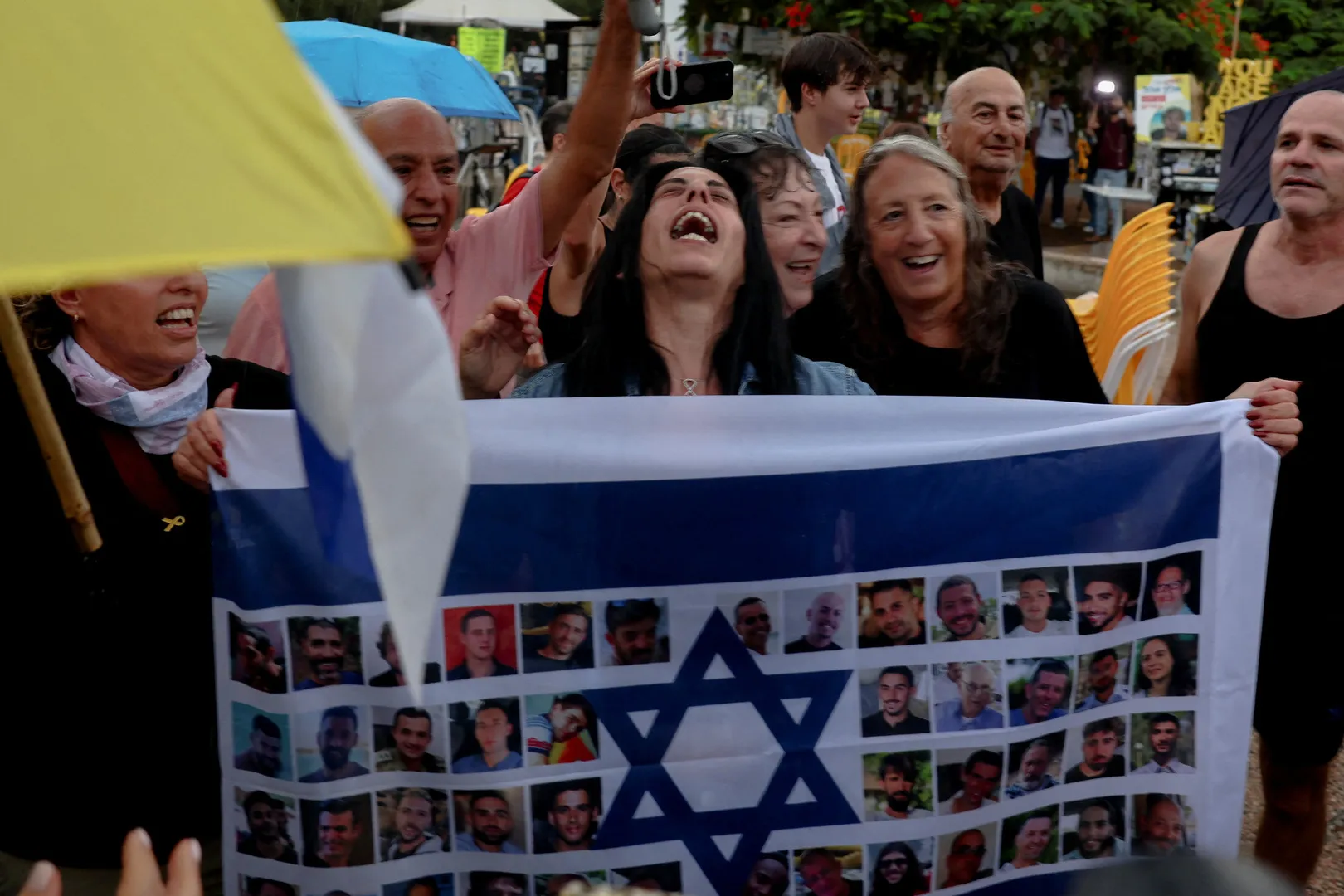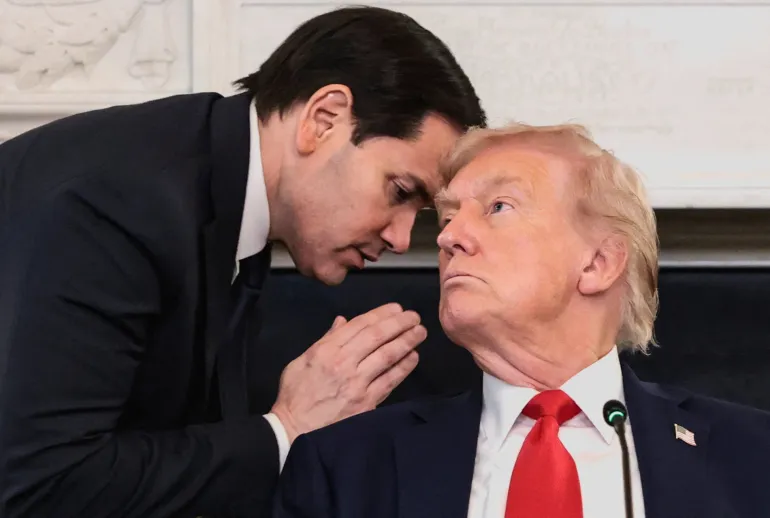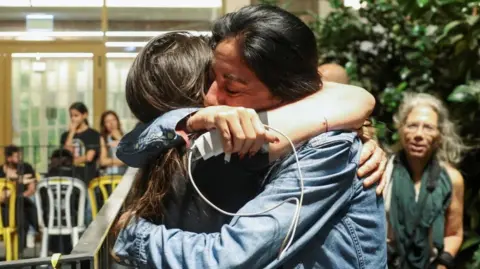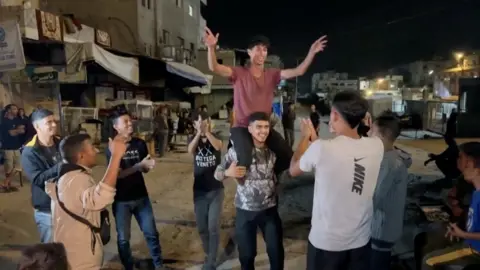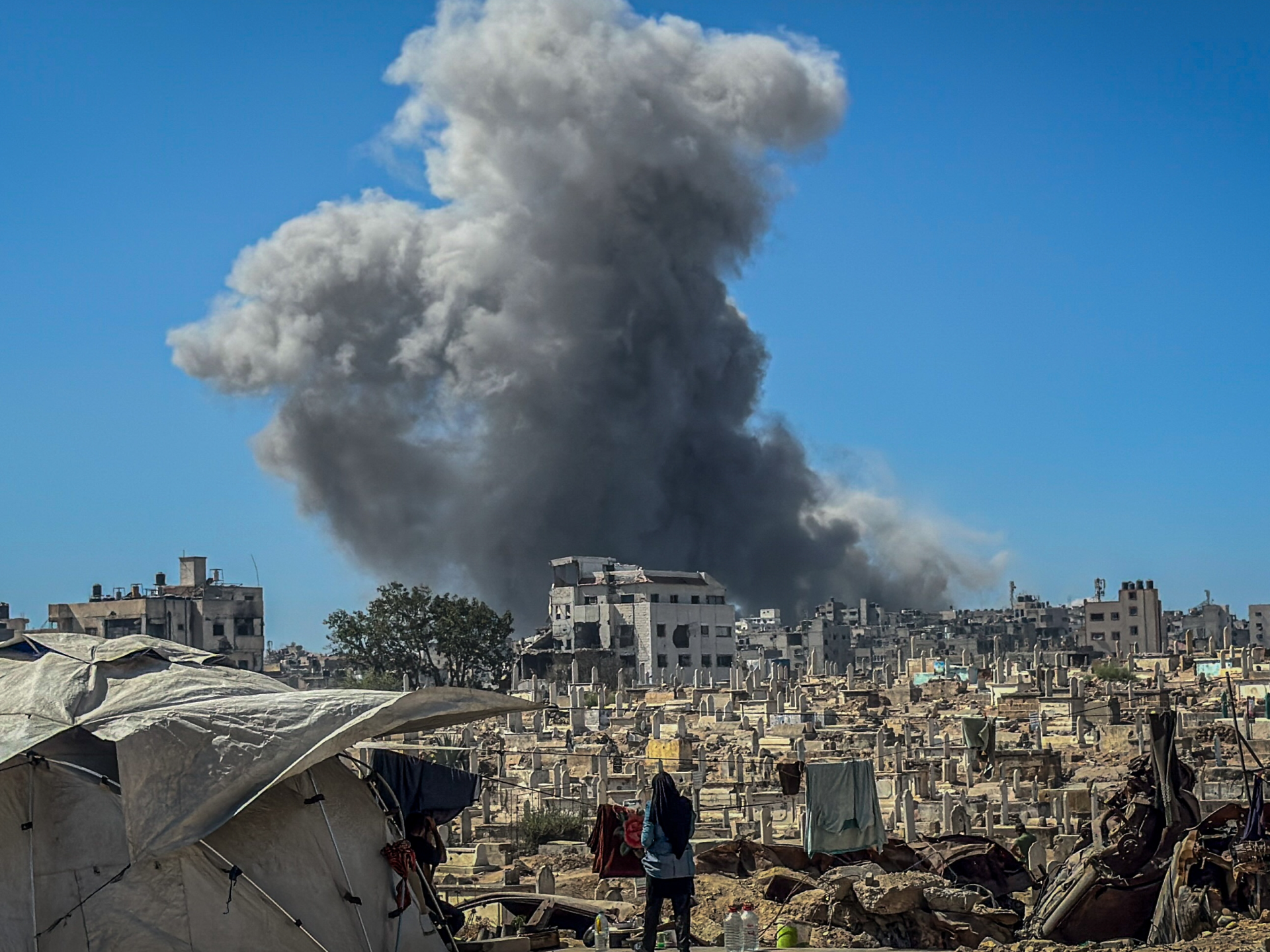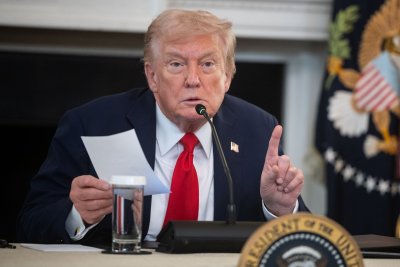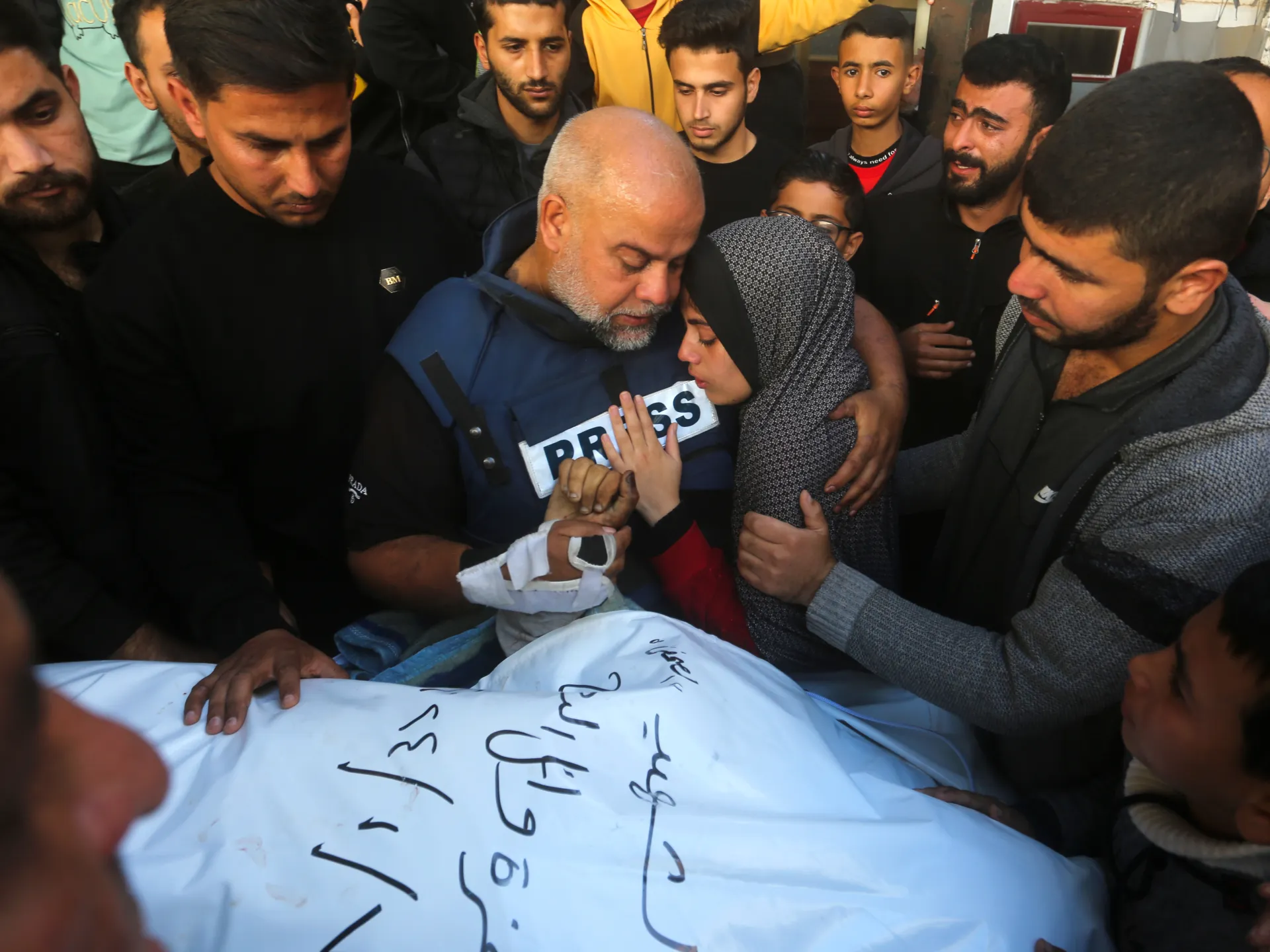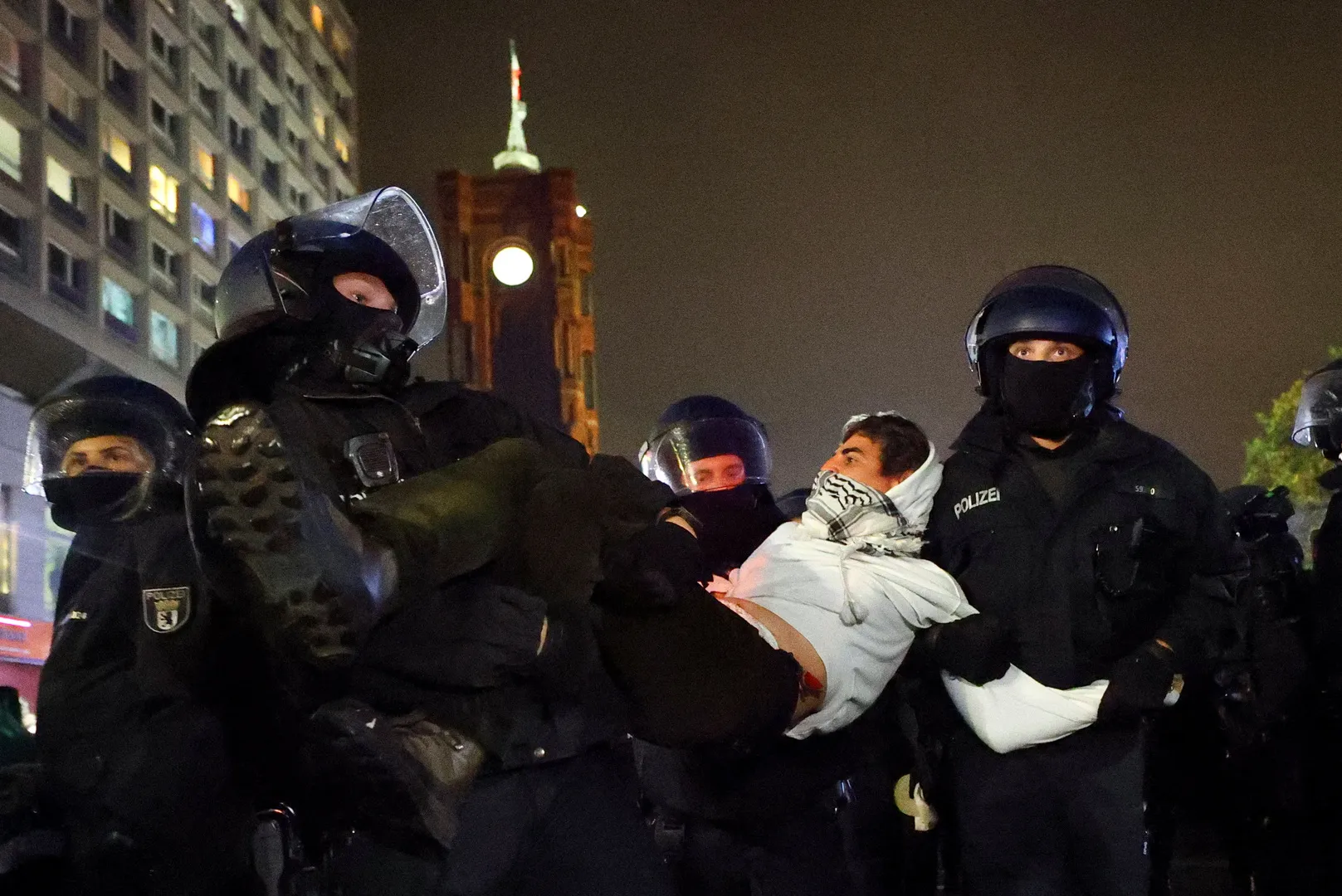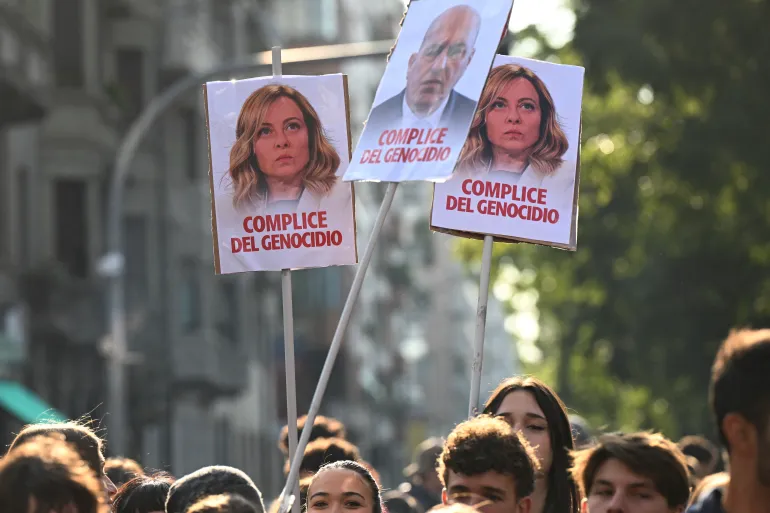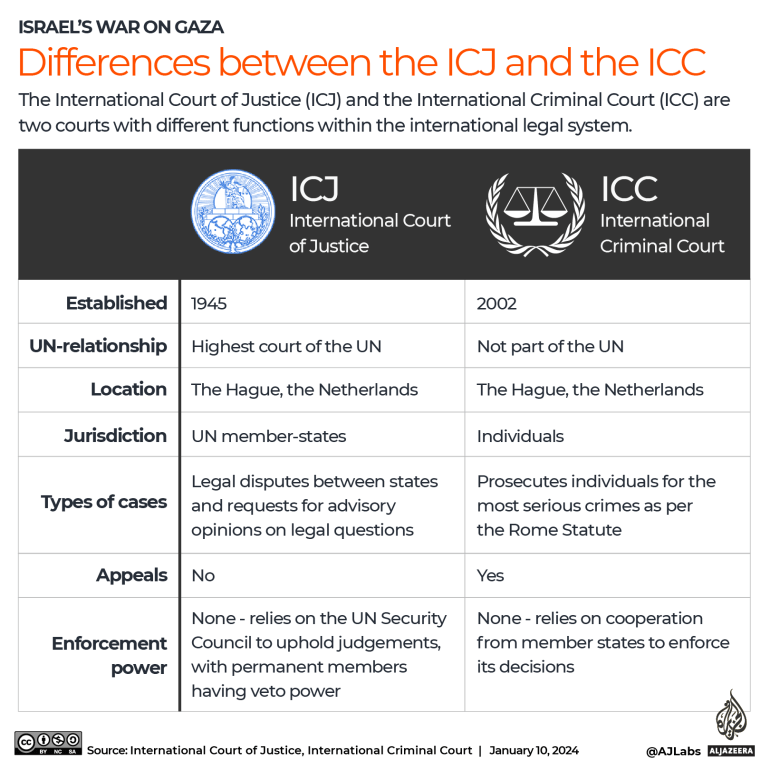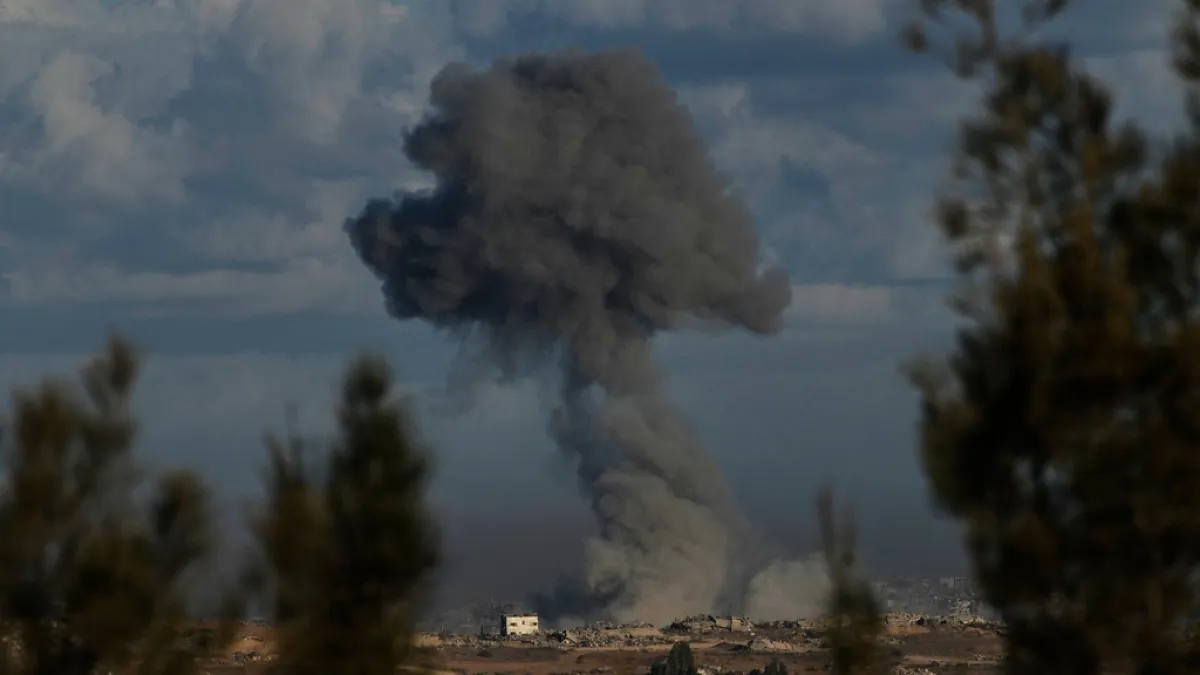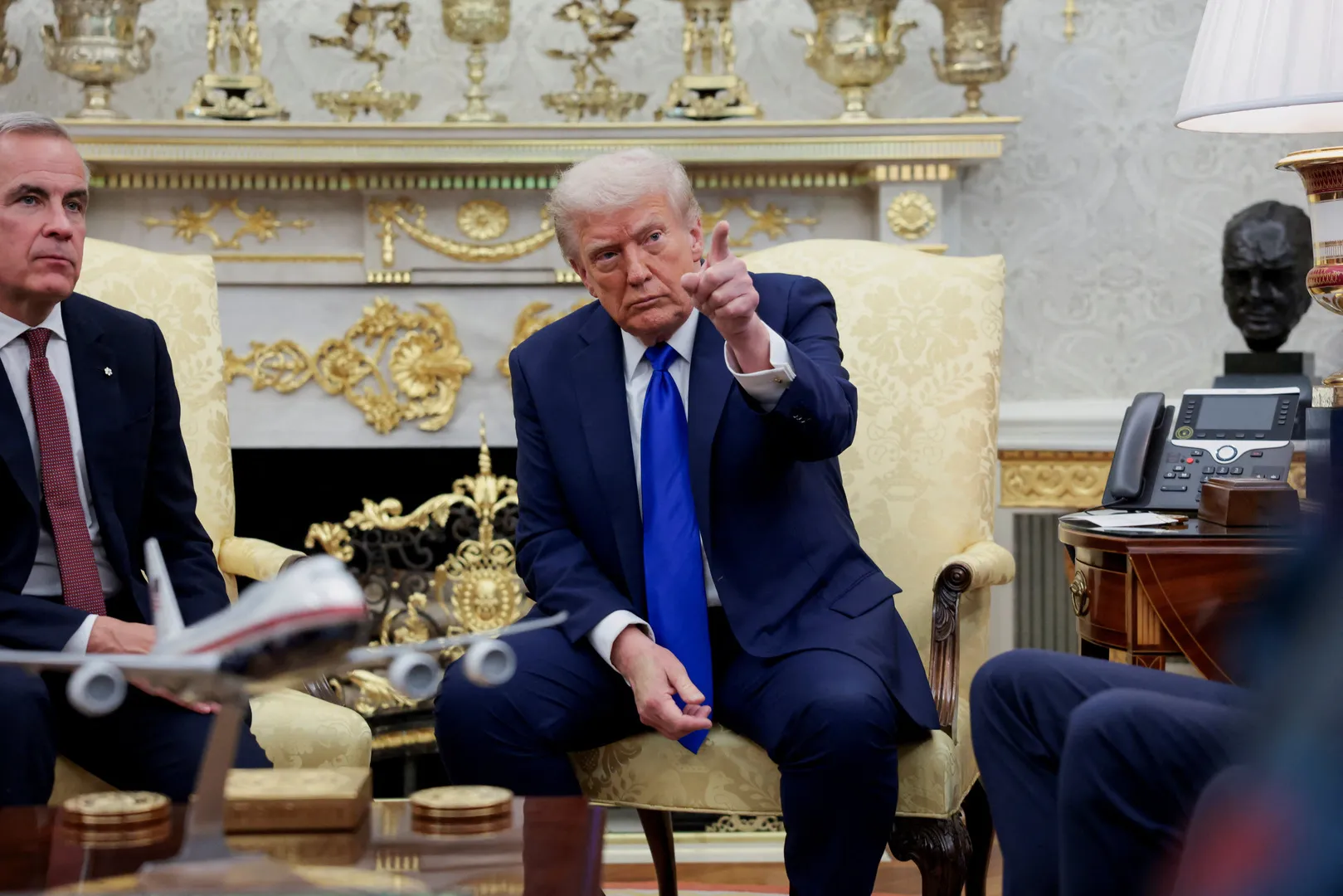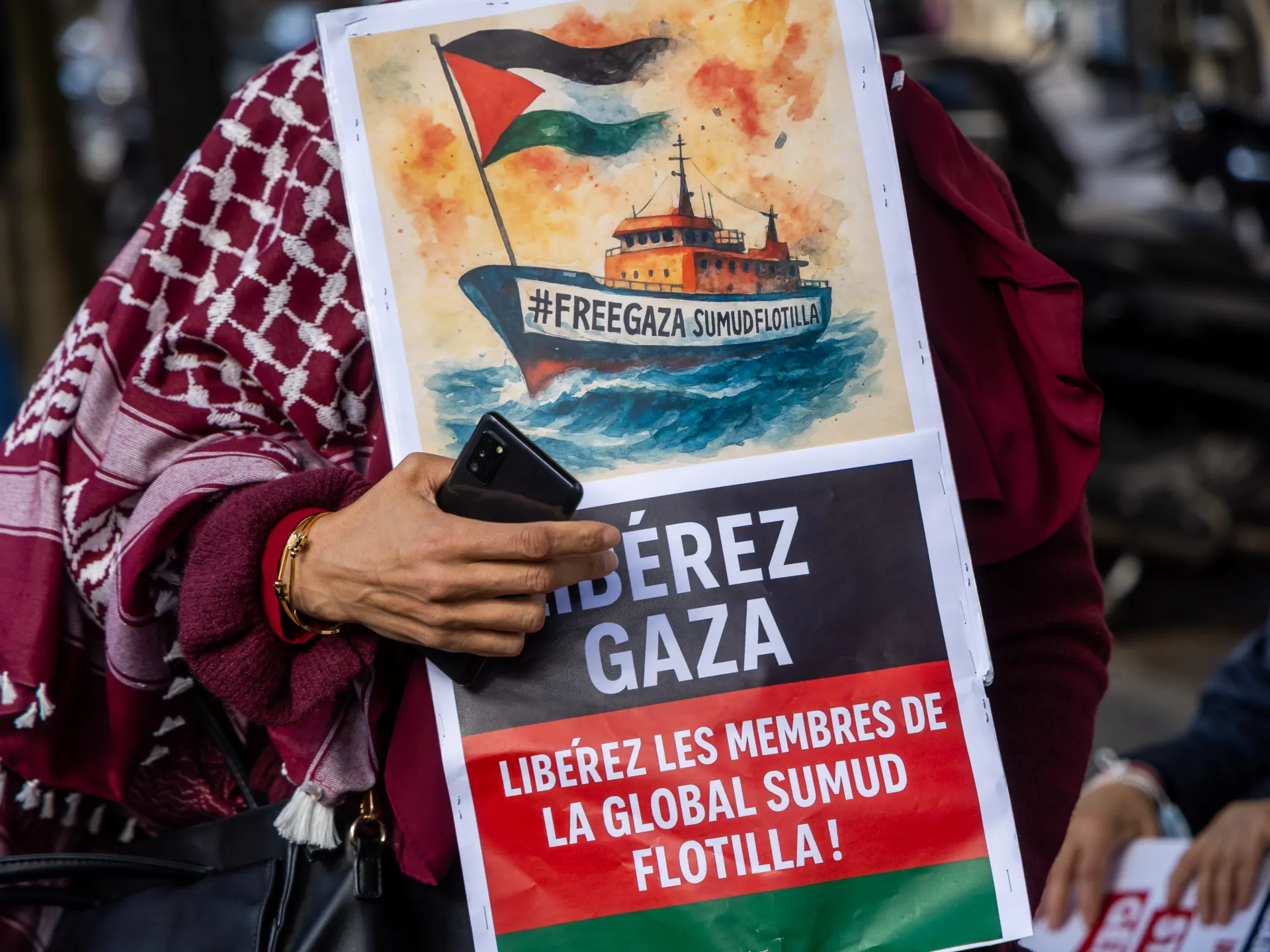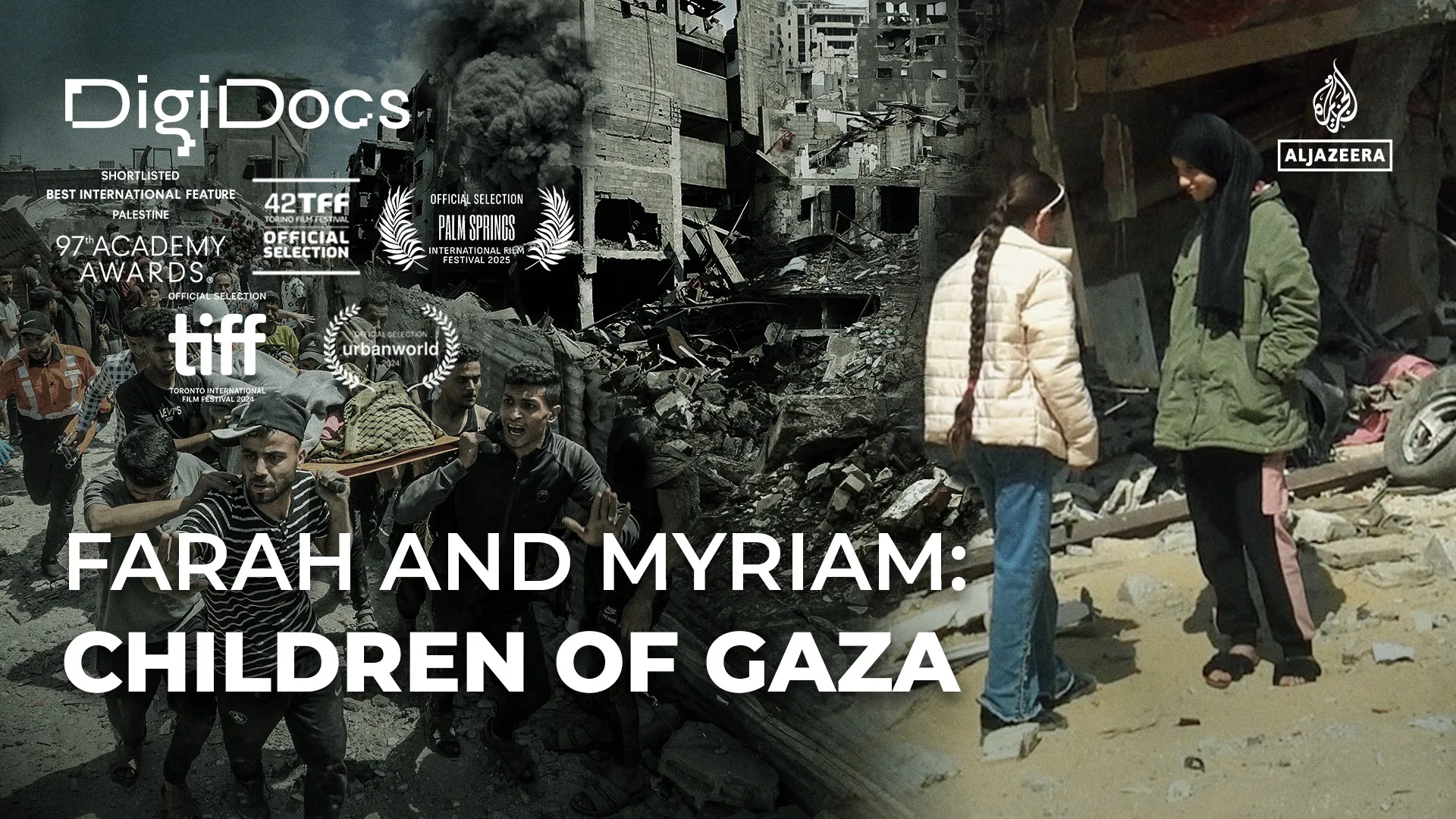Map of Gaza shows how Israeli forces will withdraw under ceasefire deal | Israel-Palestine conflict News
EXPLAINER
In the first phase of the ceasefire plan, Israel will remain in control of nearly 60 percent of the Gaza Strip.
In the early hours of Wednesday morning in Gaza, United States President Donald Trump announced that Hamas and Israel had agreed on the first phase of his ceasefire and captive-exchange plan.
In a post on his Truth Social platform, Trump stated : “ALL the hostages will be released very soon, and Israel will withdraw their troops to an agreed upon line.”
The “agreed upon line” refers to a vague map shared by Trump on October 4, showing an initial Israeli withdrawal zone marked in yellow, later dubbed the “yellow line” by Trump officials.
After negotiations, Israel has agreed to the initial withdrawal line, which we have shown to, and shared with, Hamas. When Hamas confirms, the Ceasefire will be IMMEDIATELY effective, the Hostages and Prisoner Exchange will begin, and we will create the conditions for the next… pic.twitter.com/0VfaMSOqQ1
— Trump Truth Social Posts On X (@TrumpTruthOnX) October 4, 2025
By Sunday or Monday, Hamas is expected to release about 20 living captives, along with the bodies of about 25 others, while Israel will free some 2,000 Palestinians detained in Israeli prisons. Final details have yet to be confirmed.
Where is the initial withdrawal ‘yellow line’?
Israel currently controls more than 80 percent of Gaza’s 365sq km (141sq miles) area, including areas under forced evacuation orders or designated by Israel as military zones.
Once the deal is signed, fighting would be expected to end immediately, and Israeli forces would withdraw to the line marked in yellow.
The final map has not yet been published following negotiations in Egypt, but based on the October 4 map, the area inside the yellow line represents approximately 155sq km (60sq miles), leaving about 210sq km (81sq miles), or 58 percent of Gaza, under Israeli control, as verified by Al Jazeera’s Sanad team.
Most notably, Israeli forces will remain in several previously populous Palestinian neighbourhoods, including:
- Beit Lahiya
- Beit Hanoon
- Parts of Gaza City’s Shujayea, Tuffah and Zeitoun
- More than half of the Khan Younis governorate
- Nearly all of the Rafah governorate
In addition, Israel will continue to control all crossings in and out of Gaza, including the Rafah crossing with Egypt.
Hundreds of thousands of Palestinians have been displaced multiple times throughout two years of war and are desperate to return to their homes, but the continued Israeli presence in these areas makes that unlikely in the near term.

What is supposed to happen next?
According to the 20-point plan announced by Donald Trump and Israeli Prime Minister Benjamin Netanyahu on September 29 – developed without any Palestinian input – Israel is to withdraw its forces in three phases, as shown on an accompanying crude map, with each phase marked in a different colour:

- Initial withdrawal (yellow line): In the first phase, Hamas is expected to release all remaining Israeli captives, both living and deceased, while Israeli forces pull back to the line designated in yellow on the map.
- Second withdrawal (red line): During the second phase, an International Stabilization Force (ISF) will be mobilised to oversee security and support Palestinian policing, while Israeli forces retreat further to the line marked in red, reducing their direct presence in Gaza.
- Third withdrawal (security buffer zone): In the final phase, Israeli forces are to pull back to a designated “security buffer zone”, leaving a limited portion of Gaza under Israeli military control, while an international administrative body supervises governance and a transitional period.
Even after the third withdrawal phase, Palestinians will be confined to an area which is smaller than before the war, continuing a pattern of Israel’s control over Gaza and its people.
Many questions remain about how the plan will be implemented, the exact boundaries of Palestinian territory, the timing and scope of Israeli withdrawals, the role of the International Stabilization Force, and the long-term implications for Palestinians across both Gaza and the occupied West Bank.
